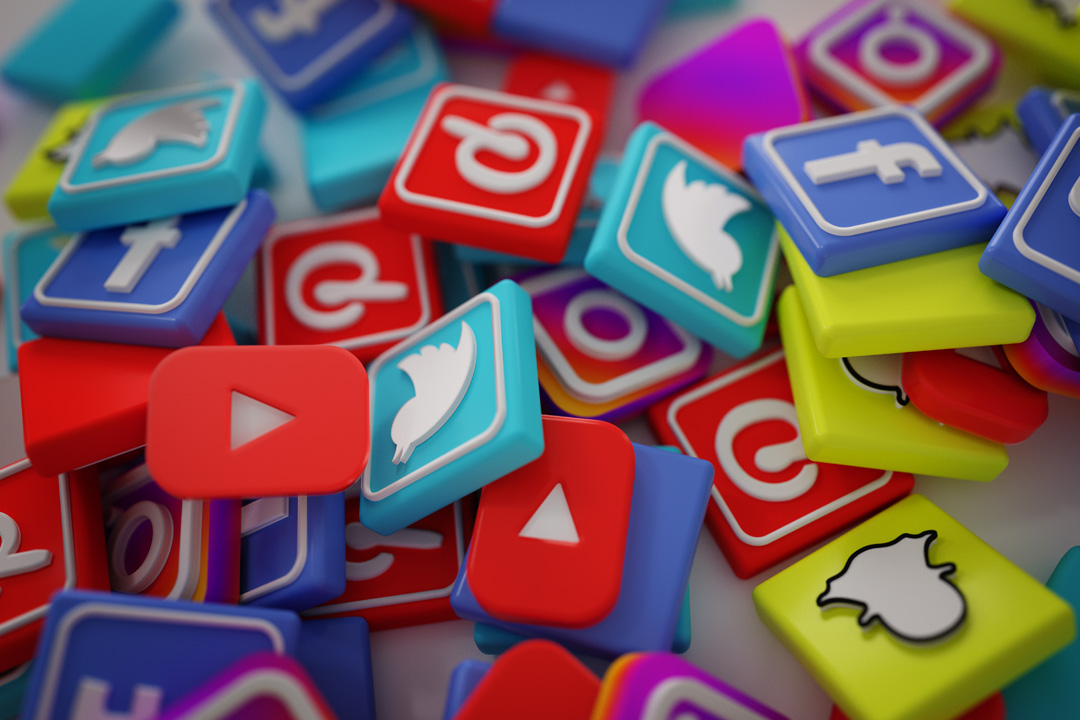
So your small business is on social media. You’re tweeting and posting to Facebook, Instagram, Pinterest and the newest channel on your target audience’s radar. But are you taking advantage of these interactive platforms to engage with your customers and prospective customers?
Brands are starting to catch on to the benefits of providing customer service on social media. Research shows that 67% of companies believe it’s becoming more important, 92% view it as one of their top priorities and 60% use it as a competitive differentiator.
While many brands are making social customer service a priority, not many of them are doing it well. According to HelpScout, 80% of organizations believe they deliver “superior” customer service, but only 8% of customers think those companies do. Yikes!
Here’s why you should be using social media to provide excellent customer service and some tips for success for your small business.
Why get social?
Whether they’re saying good things or bad, people are going to talk about your brand on social media. According to research from Neilson, nearly half of American consumers use social media to ask questions, complain or report satisfaction with brands. Also, a third of social media users prefer customer service via social media than phone.
Boost loyalty and revenue
The way your company responds to complaints and questions can have a big impact on your business.
Great customer service on social media boosts loyalty and can turn complaints into revenue. Research suggests that if a customer receives great customer service through social media, they will spend 21% more. Further, 71% of customers who have had great experiences with brands on social media are three times more likely to recommend a brand to others.
Get personal
Social media is an easy way to engage and build relationships with customers and potential leads. Consumers want to know they are being heard, and are not just another tweet in your feed.
Listening to concerns and providing responses in a way that shows you care, and that their issue is important to you, can go a long way for your business – 70% of the buying experience is based on how a person thinks they’re being treated.
One simple way to help make your social conversations more relatable is to use phrases like “I’m sorry to hear that” or “I hear you”.
Honesty is another key ingredient to building trust and bolstering relationships. Own up to mistakes and let customers know if you don’t have the answer right away.

Make it speedy
A quick response is the most important aspect of excellent customer service. We live in the age of now; customers are no longer satisfied with waiting hours or days for a reply.
An Edison study showed that 42% of consumers expect a response on social media within one hour, and 32% think it should be within 30 minutes.
Unfortunately, brands aren’t measuring up. The average response time of the top US retailers on Facebook is 24 hours, and 11 hours and 15 minutes on Twitter. Even if you don’t know the answer right away, a quick comment letting the consumer know you’re looking into the issue is your best bet.
Handle with care
Social media is public. While customers sharing positive experiences with your brand can be great for increasing your visibility and credibility; a single mistake can have the opposite effect. Make sure to craft your responses with care to ensure you are getting your message across in the best way possible.
It’s a good idea to curate a list of your top questions or possible concerns and formulate appropriate responses in advance. This way you’re not scrambling to answer and risk misrepresenting the brand.
Monitor questions AND costs
Luckily, technology is making it easier to be able to monitor and respond in a timely manner, while keeping costs down. For companies with smaller teams (or a single entrepreneur running the show), services with mobile apps, like Hubspot, are a great, cost effective tool to monitor brand mentions and answer messages in real time.
For companies with large volumes of inquiries, social media allows customer service agents to handle four to eight times more issues per hour than phone agents. Plus, it’s much less expensive! It costs less than $1 per interaction on social media, compared to $6 per phone call and $2.50 to $5 per email.
Being attentive, responsive and helpful on social media can help build trust and loyalty, and get more eyes on your brand by creating brand ambassadors. By creating a process for responding quickly, taking advantage of the many online tools, and adding a personal touch, your small business can end up with winning customer service (and big rewards!).










Comments
Add Comment